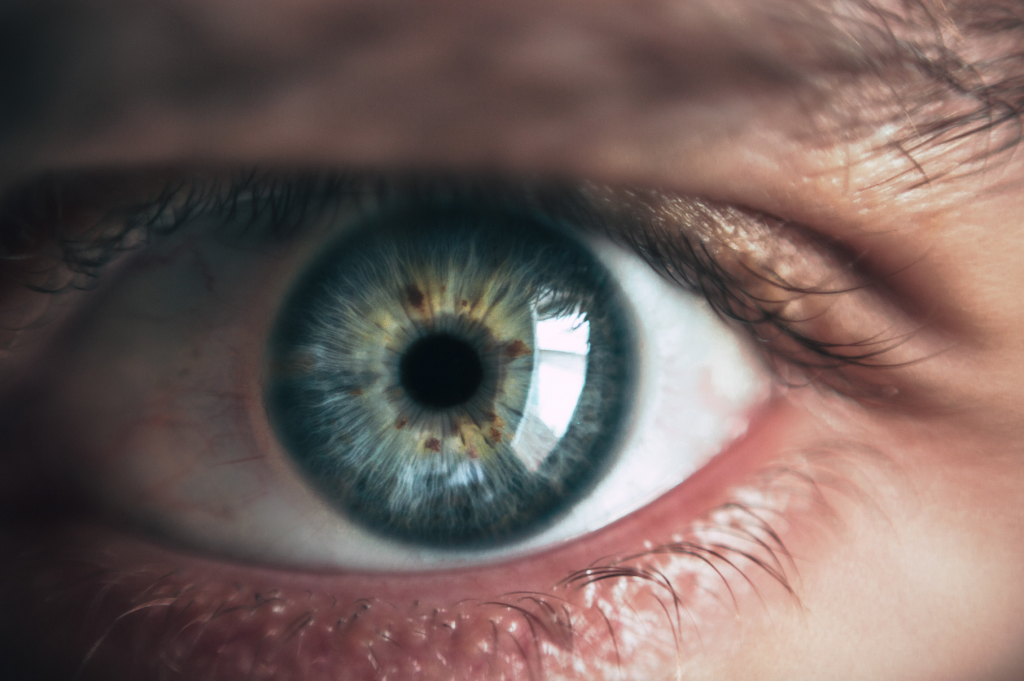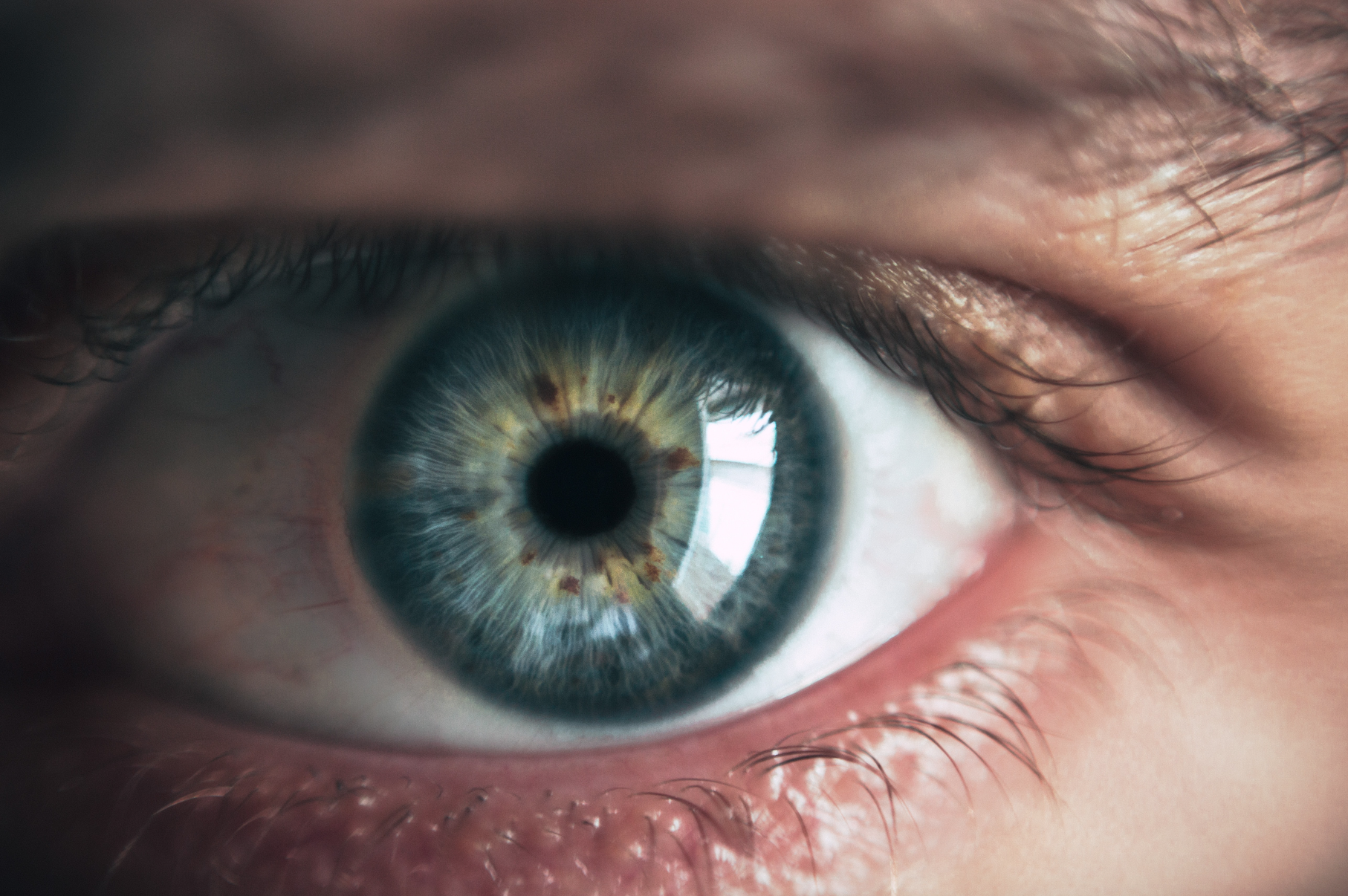
Eye tracking technology has progressed so much in the past few decades and particularly the past few years. As technology becomes more and more sophisticated, eye tracking technology is finding its way into more areas of society and possibly soon into our everyday lives through our mobile devices, computers and televisions.
One of the main sections of my A3 delves into the educational uses for eye tracking using mobile devices and the potential this technology has to assess aspects of students’ reading ability. The more I researched, the more impressed I became with how far the development of tracking eye movement has come since first really considering its uses in the final year of my undergrad degree.
Eye tracking has applications in so many facets of entertainment, research and society. In the world of entertainment, video game and VR developers are harnessing this hands free technology to create increasingly immersive experiences for consumers where the game follows and responds to the player’s gaze. Researchers have been using eye tracking technology for years in a lab setting to study topics involving psychology and reading for example. Previously, to track eye movement, subjects would come to the lab or office equipped with monitors hooked up to bulky goggles, headgear and head rests to conduct research and experiments. Now, as this technology continues to develop and decrease in size, these research applications can find their way out into the world into more remote locations by using mobile devices such as cell phones and tablets, where they are no longer tied to a lab. In our technology-driven society, eye movement interaction could be the next frontier for mobile devices and other monitors. As we can see in this demonstrational video, even older mobile devices are capable of supporting eye tracking technology to change their interface.
What other areas of society do you think will be next to adopt eye movement tracking technology and what are your hesitations to this entering our everyday lives?

Eye-tracking technology is so fascinating and would be so helpful so many ways. Could you imagine teaching and have your notes on the side of your eyesight while still seeing the classroom or have the ability to access your class list when you forget a student’s name? But like Jance mentioned privacy would be an issue, how do you know if someone’s recording you, etc. I’m also curious about the physical stress of repeated eye movement. Great post!
Thanks Michael,
I wonder if there will be any technological advancement that does not spark issues and concerns with privacy. I agree, there are pros and cons to eye tracking and my hope is that as the technology advances and becomes imbedded into our devices that security and policy advance along with it.
This is fascinating to me. I was intrigued by the idea in the video about HoloLens 2 shared by the AR group. The thought of being able to track natural eye movement to assess reading ability or reading issues seems like an exciting prospect. The thoughts of using eye movement as shown in the video makes me wonder about eye strain or fatigue – it seems to be using our eyes in more intentional ways than usual and what is the impact of that? I also wonder about accessibility challenges for those with glasses or visual problems.
My final concern with the idea of eye tracking comes back to one of our common themes as we consider developing technologies, that of privacy. How much more can interested parties learn about us if they can follow our gaze? I suspect if/when the technology is fully harnessed that there will be potential for a great deal of additional data to be available about its users.
I absolutely agree, my eyes hurt just watching some of the videos about eye tracking and makes me wonder if it would cause damage or if our eyes would quickly adjust to the new and increased movement. The first thing I think of when considering our eyes being tracked through our devices when it comes to privacy is marketing. Instead of companies being able to see what we click on and what websites we visit, they would be able to analyze specifically what we looked at, how long we looked at it and if we returned or not. There are so many amazing possibilities that this technology has for research and accessibility purposes, but I also think that in the wrong hands or with the wrong intentions it could also have the potential to be problematic in terms of privacy.